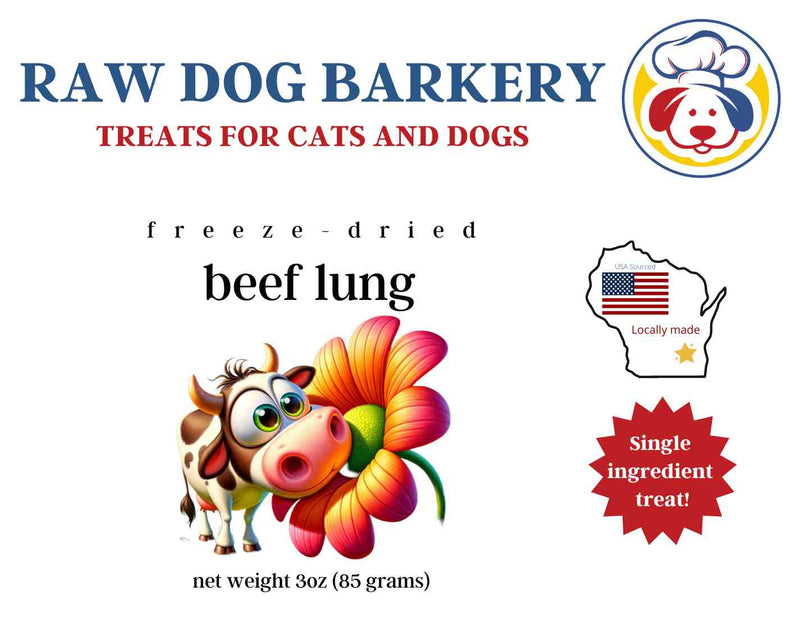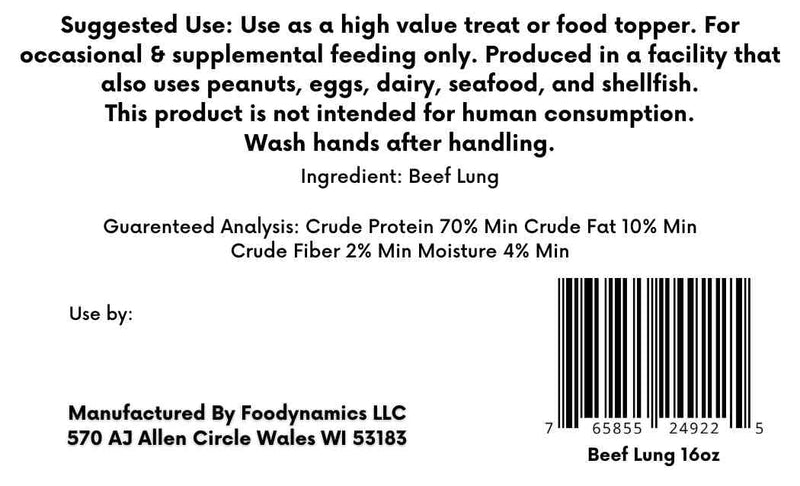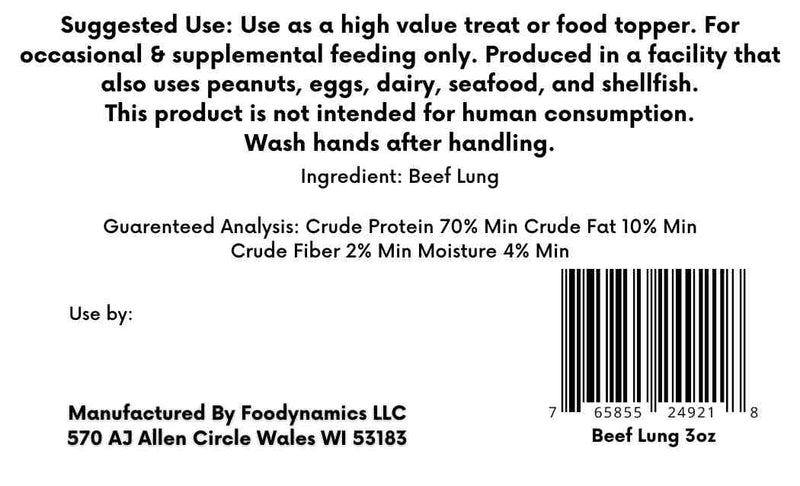Ingredient: Beef Lung
Beef lung, an often overlooked organ meat, is a nutritious and traditional ingredient in many cultures' cuisines.
Rich Source of Protein
Beef lung is an excellent source of protein, essential for muscle repair, growth, and overall cellular function. Proteins are vital for building tissues, producing enzymes and hormones, and maintaining a strong immune system.
Low in Fat
Compared to other cuts of beef, the lung is relatively low in fat, making it a leaner option for those monitoring their fat intake.
High in Specific Nutrients
- Iron: Beef lung provides a good source of heme iron, which is more easily absorbed by the body than non-heme iron found in plant sources. Adequate iron intake is crucial for preventing anemia and supporting healthy blood circulation.
- Vitamin C: Surprisingly, beef lung contains vitamin C, unusual for animal products. Vitamin C is essential for collagen synthesis, immune function, and as an antioxidant, it helps combat oxidative stress.
- Selenium: This organ meat is a good source of selenium, a trace element that plays a critical role in DNA synthesis, thyroid hormone metabolism, and protection from oxidative damage and infection.
Environmental Benefits
From an environmental standpoint, using more parts of an animal reduces waste and supports a more sustainable approach to meat consumption.
While not as common as other meats, beef lung offers significant nutritional benefits, including being a high-quality protein source, low in fat, and rich in specific nutrients like iron and selenium. Embracing this organ meat can contribute to a balanced diet, provide and support a more sustainable approach to food consumption.
For more in-depth information on the benefits of beef lung and other organ meats, refer to these sources:
- "Nutritional composition of red meat" by Williams, P. (2007), published in Nutrition & Dietetics, which provides detailed insights into the nutrient profile of various meats, including organ meats.
- "The role of organ meats in human nutrition" by Pellizzon, M., & Ricci, M. (2020), in the Critical Reviews in Food Science and Nutrition, which discusses the nutritional value and benefits of incorporating organ meats into the human diet.







